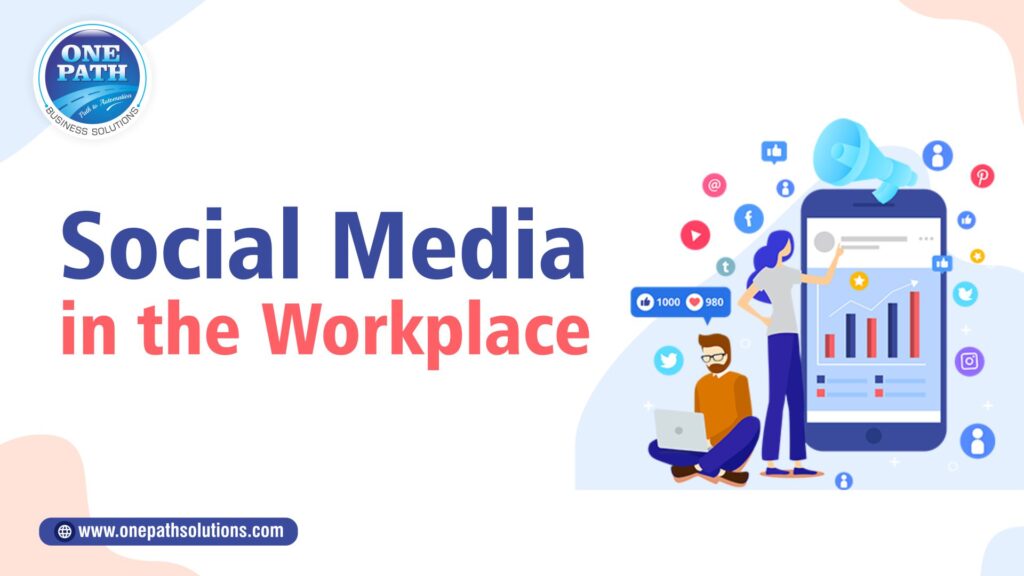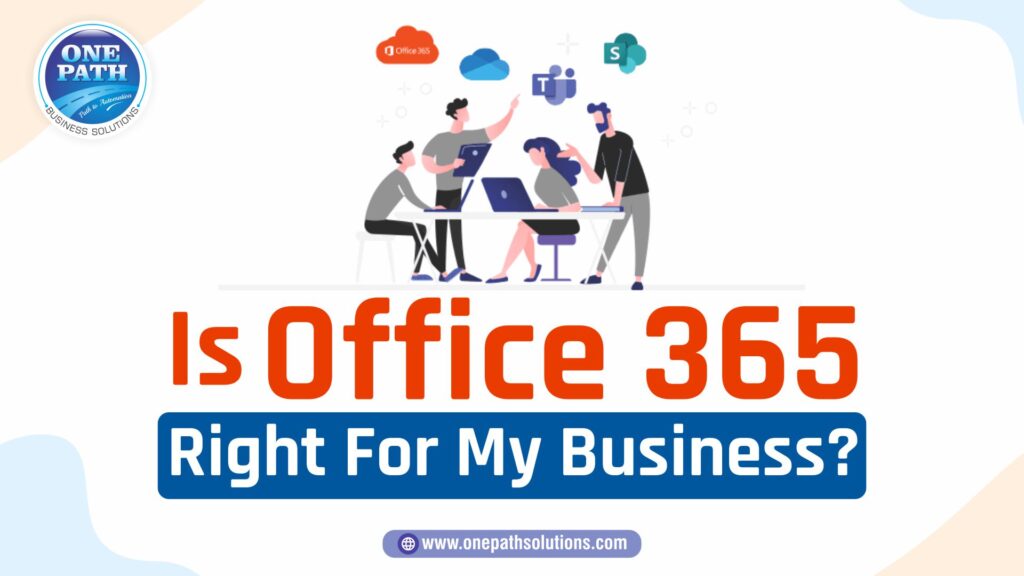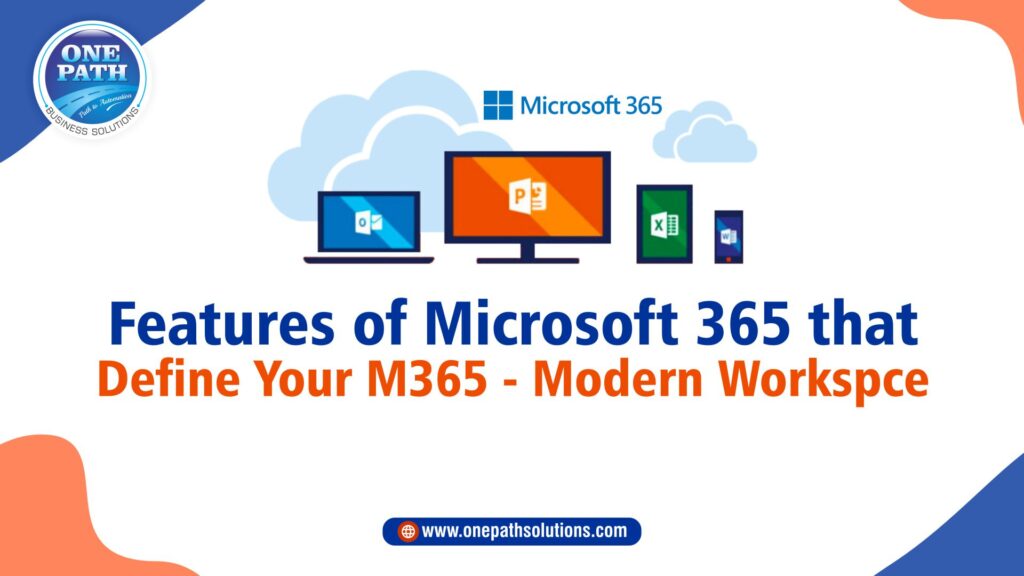If you want to create a mobile app, one of the most important decisions you’ll have to make is whether to use native or hybrid app platforms. With mobile app usage steadily rising every day, having a mobile app for your business has become critical. However, choosing the best mobile app platform might be difficult, especially if you are unfamiliar with app development. When it comes to designing mobile apps, the two most common platforms are native and hybrid app development.
Both native and hybrid app platforms offer benefits and drawbacks. In this blog article, we’ll look at both alternatives in depth to help you determine which is ideal for your project. We’ll go through the advantages and disadvantages of both platforms and help you decide which is best for your unique company needs. So let’s dig in and learn about native and hybrid app development so you can make an informed decision for your company.
The Benefits and Drawbacks of Native Apps
Native apps are designed for a specific platform or device, such as iOS or Android. They are developed in platform-specific programming languages for iOS, such as Objective-C or Swift, and for Android, such as Java or Kotlin.
Native applications have several advantages, including:
Better Performance: Because native apps are created for a single platform and take advantage of that platform’s native features and capabilities, they operate quicker and more effectively than hybrid apps.
Native UI: Because they are created expressly for the platform on which they operate, native apps deliver a more intuitive and smooth user experience (UI).
Access to Device functions: Native applications have easier access to device functions like as GPS, camera, microphone, and other hardware components, making them more suited for programmes that require such features.
However, there are certain disadvantages to using native apps:
Higher Development expenses: Creating a native app necessitates the use of several programming languages and development tools, which might result in higher development expenses.
Longer Development Time: Creating a native app takes longer since you must create distinct apps for each device you intend to target.
The Benefits and Drawbacks of Hybrid Apps
Hybrid applications are created with web technologies such as HTML, CSS, and JavaScript and then wrapped in a native container, allowing them to be installed and operate like native apps. Hybrid applications provide various benefits, including:
Lower Development Costs: Because you just need to design one codebase that can be utilized on numerous platforms, hybrid apps are less expensive to produce than native apps.
Faster Development Time: Because a hybrid software just requires one codebase, it takes less time to create than a native app.
Cross-Platform Compatibility: Hybrid apps may be created to operate on several platforms, making them an excellent alternative for reaching a larger audience.
However, hybrid apps have several disadvantages:
Performance: Because hybrid applications run in a webview, which is slower than native code, they are slower than native apps.
User Interface: Because hybrid applications are not created expressly for the platform on which they operate, they frequently have a less intuitive UI than native apps.
Limited Access to Device functions: When compared to native applications, hybrid apps have limited access to device functions.
Which Choice Should You Make?
The decision between native and hybrid app platforms is influenced by your project’s unique requirements, budget, and timetable. Native app development is the way to go if you want to create a high-performance programme that requires access to device capabilities. However, if you have a restricted budget and want to create an app that works across various platforms, hybrid app development may be a better option.
Final Thoughts
Both native and hybrid app development have advantages and disadvantages, and the best approach for your app is determined by its individual requirements. Before making your ultimate selection, examine the advantages and disadvantages of each solutions. If you’re still hesitant, speak with an experienced mobile app developer who can guide you through the process.




